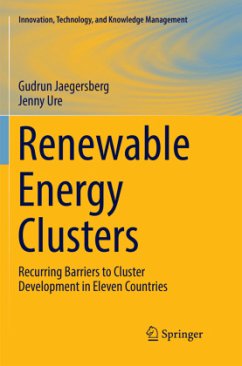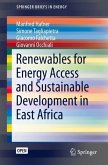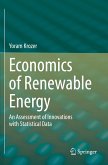Taking eleven countries in Europe, Canada, South Africa, America, Latin America and Australia, this book discusses recurring barriers to cluster development in the renewable energy sector. The authors look at the real-world dynamics and tensions between stakeholders on the ground, with a particular focus on the relationships between SMEs and other actors. This trans-regional study is unique in its scale and scope, drawing on a decade of field research to show how by learning from the successes and failures of other clusters, costs and risk can be reduced. The book fills a significant gap in the literature for policymakers, managers and economic developers in a key market.
Bitte wählen Sie Ihr Anliegen aus.
Rechnungen
Retourenschein anfordern
Bestellstatus
Storno








